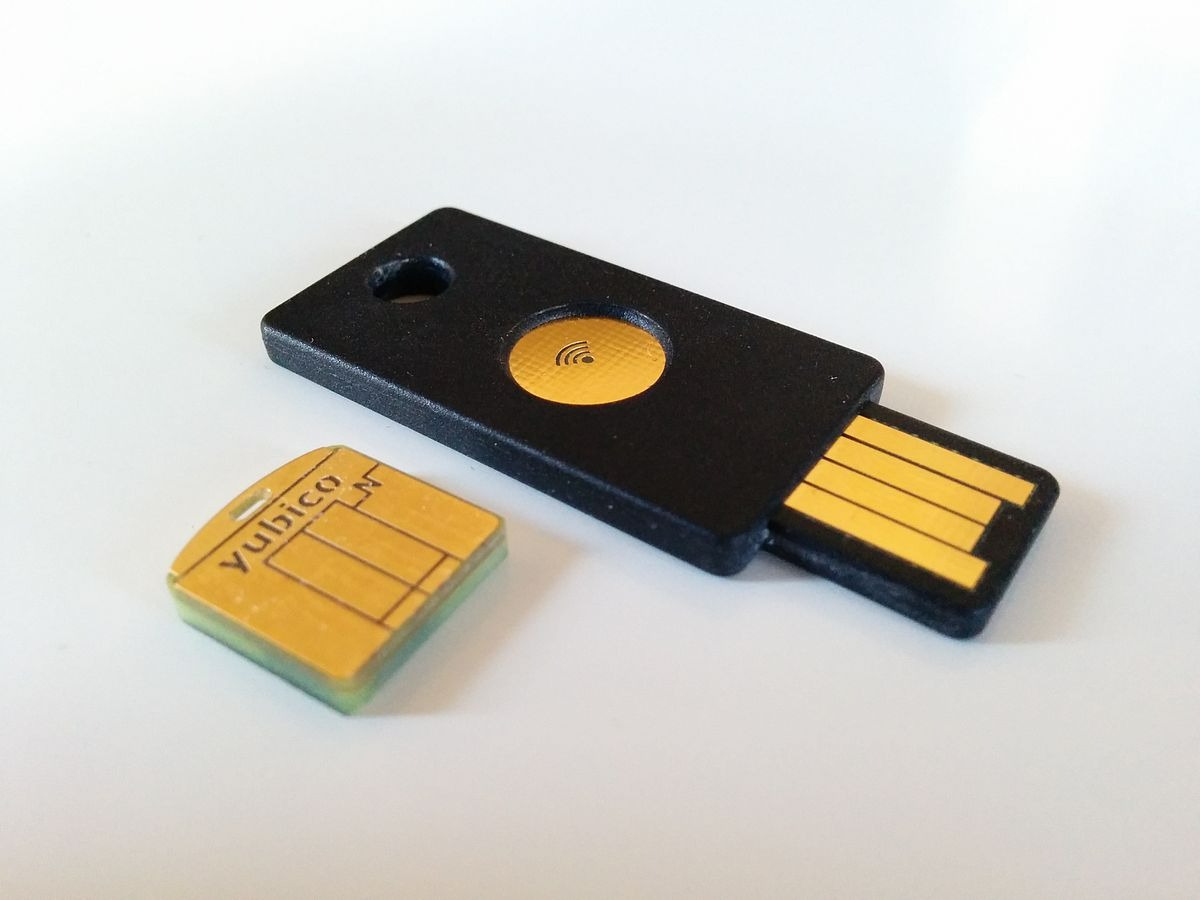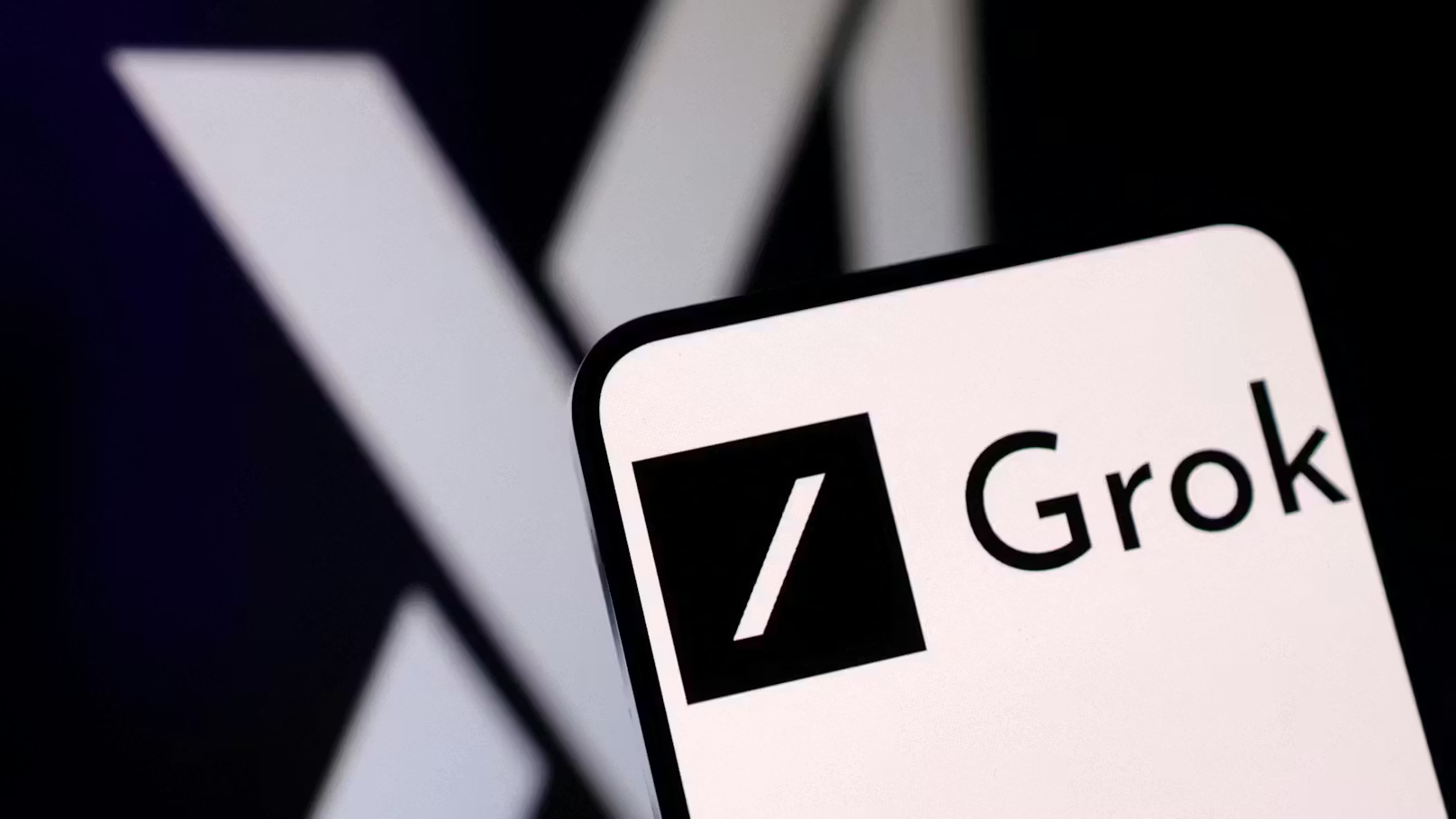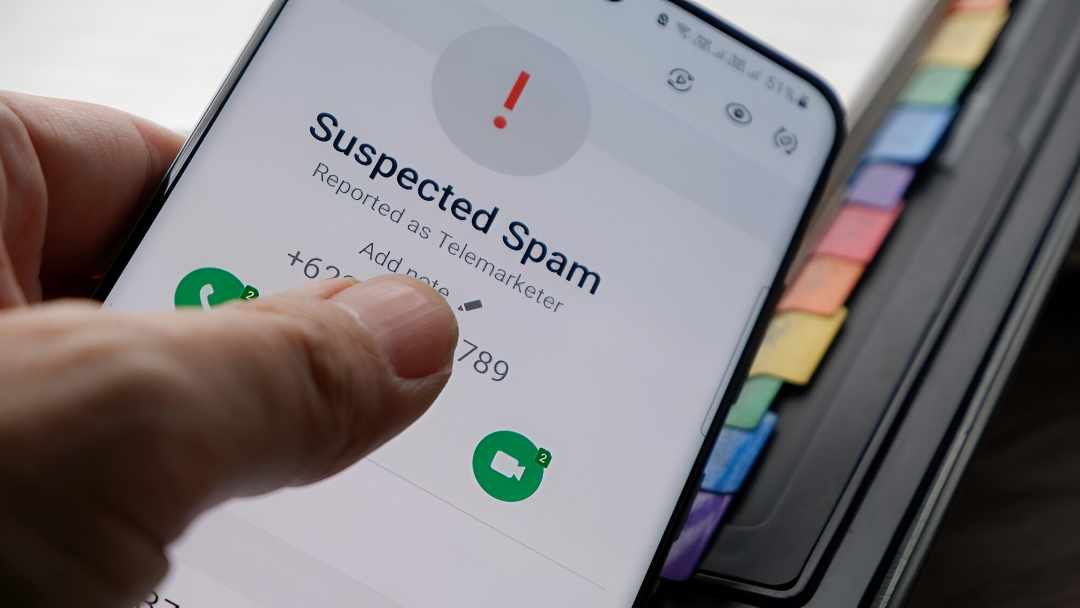Password breaches hit like clockwork—Yahoo, Equifax, LinkedIn—yet many banks keep sending eligible clients free hardware security keys. That’s because financial institutions learned something the rest of us are still figuring out: passwords are fundamentally broken. SMS two-factor authentication? SIM-swapping makes it worthless. But FIDO2 security keys, those tiny USB devices that look like flash drives, represent the authentication method that actually works. Google mandated them for employees and hasn’t seen a single successful phishing attempt since. Zero. When tech giants trust their crown jewels to these keys, maybe it’s time to pay attention.
How FIDO2 Keys Actually Work
Physical devices create unique cryptographic signatures that can’t be faked or stolen.
Think of these keys like having a personal locksmith who creates a different, unpickable lock for every door you need to open. When you register a FIDO2 key with a website, it generates a unique public-private key pair specific to that domain. During login, the key cryptographically signs a challenge from the site—but only if the website’s domain matches exactly. Phishing sites get nothing, even if you’re completely fooled. No codes to type, no secrets transmitted, just pure cryptographic proof that you own the physical device.
The Setup Reality Check
Registration takes minutes; daily use happens in seconds.
Setting up a FIDO2 key involves visiting each service’s security settings and following a simple registration flow—typically just inserting the key and touching its button. Major platforms (Windows, Mac, Android, iOS) support them natively, and most big websites already work with them:
- Microsoft
- GitHub
- Dropbox
- Banks (increasingly)
Daily authentication becomes effortless: insert the key, touch the button, you’re in.
Both YubiKey Security Keys (up to 25 stored credentials) and Google Titan Keys (250+ credentials) handle multiple accounts without breaking a sweat. Smart users keep a backup key registered to avoid lockouts if the primary device goes missing.
The Economics of Better Security
Entry-level keys cost $25-30, but banks often provide them free.
- YubiKey Security Keys start at $25
- Google Titan Keys at $30
Less than most people spend on coffee in a week. Banks and corporations distribute them free because the math works: preventing one account takeover saves more than buying keys for entire customer bases. You can purchase directly from manufacturers, Amazon, or major retailers. The advanced YubiKey 5 Series ($50+) adds enterprise features most consumers don’t need.
Why Passwords Are Actually Finished
Hardware keys eliminate the fundamental vulnerabilities that make traditional authentication obsolete.
These keys don’t just improve password security—they replace the entire concept. Like trading horse-drawn carriages for internal combustion engines, FIDO2 authentication solves problems passwords can’t fix. No amount of complexity makes passwords unphishable or breach-proof. Hardware keys make both attacks technically impossible. The transition feels inevitable once you experience authentication that’s both more secure and more convenient than what came before.




























